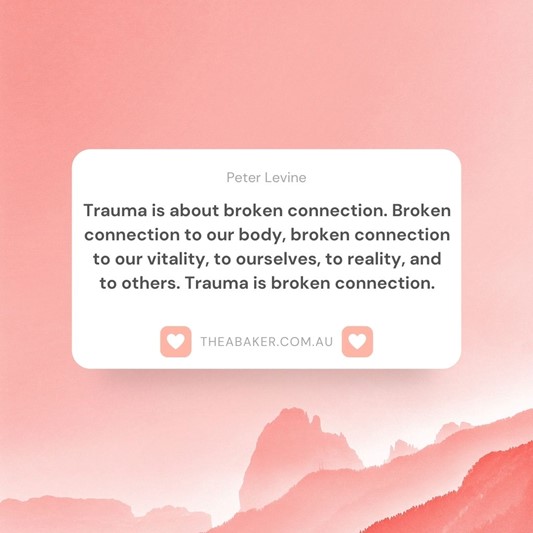Trauma is not what happened to you
Trauma is not what happened to you
I wrote a blog earlier this year (Click HERE to read that one) which was something of an introduction to trauma, a framework or a lens through which to make sense of what we mean when we use the term trauma. Trauma is an interesting word because the official definition of it looks like this:
Noun
- a deeply distressing or disturbing experience.
“a personal trauma like the death of a child”
- MEDICINE
physical injury.
“rupture of the diaphragm cause by blunt trauma”
When used in psychological circles the term trauma is now widely used, though sadly often still poorly understood and treated. I could go into a whole rant about that, but I think I’ll save it for another day. And if, like me, you have teenagers in your house then you’ve probably heard an overuse of the lament, “it was just so traumatic” (stated in a very dramatic and exaggerated manner but used in relation to something that might have been frightening, or irritating, but probably not traumatic). So, trauma is over-used in some spaces, underused in others and used poorly in still others.
Instead of pathologising trauma – the effect that comes from a mental health system that is focused on symptom assessment for the purpose of determining a diagnosis and a treatment plan – what if we could understand that trauma is something much simpler and at the same time more profound?
Our human nature is founded on being connected to others. We are born quite literally connected to our mother’s and we are hardwired for connection. None of us want to be like Scar in The Lion King exiled with the hyenas, we feel deeply his desperation of separation from the tribe. It’s not a biproduct of living in our busy, diverse, highly technological world that has seen so many of become disconnected, so riddled with trauma in this way. That trauma has its roots in certain childhood experiences – not having our needs met – that teach us it is too painful to remain connected, and therefore disconnection becomes a defence.
Learning to firstly become reconnected to ourselves, and then others is something that usually requires a skilled psychotherapist or psychologist to serve as a safe attachment figure to come alongside you as you work through your trauma. There are various different approaches from talk therapy, to EMDR through to somatic psychotherapies and I will address some of these in a later blog but for now, here are a list of useful resources that might help you conceptualise and understand trauma better:
- Phoenix Australia: https://www.phoenixaustralia.org/recovery/effects-of-trauma/
- Blue Knot Foundation: https://blueknot.org.au/
- Adverse Childhood Experiences Study (ACEs): https://www.cdc.gov/violenceprevention/aces/index.html
If it’s the right time to talk about your trauma, we have a team of relationship therapists at Thea Baker Wellbeing – please reach out to us at: hello@theabaker.com.au / 03 9077 8194.


